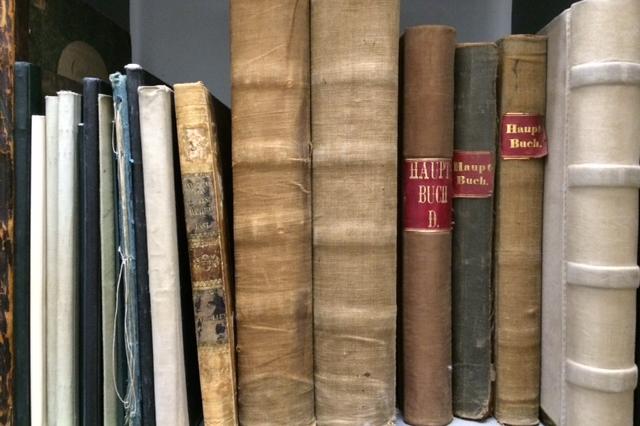The board of the Arbeitskreis Provenienzforschung e. V. (Research Association for Provenance Research) commenting as follows on the proposals for reform of the Advisory Commission on Nazi-Looted Cultural Property and the demands put forward by the Commission (memorandum) itself:
“In the 2021-2025 Coalition Agreement “Mehr Fortschritt wagen” (“Venture more progress”), the governing parties agreed to strengthen the Advisory Commission on the return of cultural property seized as a result of Nazi persecution, especially Jewish property. The Research Association regards these reform plans as very welcome, but there is a need for further action beyond the memorandum issued by the Advisory Commission with regard to the structures and procedures required for the preparation of restitution decisions.
In the past two decades, the structures established by the Federal Government, the Länder and the municipalities have contributed to the systematic assessment of collection holdings and have enabled a far greater number of restitutions than the cases heard by the Commission.
Unfortunately, these measures have not resulted in transparent documentation and valid decision-making processes. As such the 23 disputed cases heard by the Advisory Commission, frequently cited as they are, are in no way representative of the work done to date in this area and the large number of restitutions made as a result of proactive research work. On its website, the German Lost Art Foundation currently lists just under 7,500 museum objects and almost 25,000 library and archive items that have been restituted since the Washington Conference in 1998. The actual numbers are higher, however, since there is no obligation to report such cases and no central register is maintained.
As a result, we repeatedly urge transparent communication of the results of the research and restitutions that have been carried out, along with the implementation of structural measures to support and perpetuate provenance research, including central institutions for the proactive and professional tracing of heirs, ongoing quality assurance and continuous evaluation of assessment criteria, and transparent, verifiable procedures. Sustainable measures support the sponsoring institutions in fulfilling their responsibilities and in developing the “just and equitable solutions” agreed on in the Washington Principles when engaging in dialogue with claimants.
Based on our decades of experience, the deployment of proven research skills and expertise significantly accelerates the restitution procedures pursued by institutions dedicated to the preservation of cultural property. For this reason, we call for the Federal Government, the Länder and the municipalities to bring about a separation between research activity, the assessment of the findings and the decision-making process when dealing with suspected cases, and for the Research Association of Provenance Research to be involved in reform deliberations on the restitution of Nazi-looted cultural property.”


